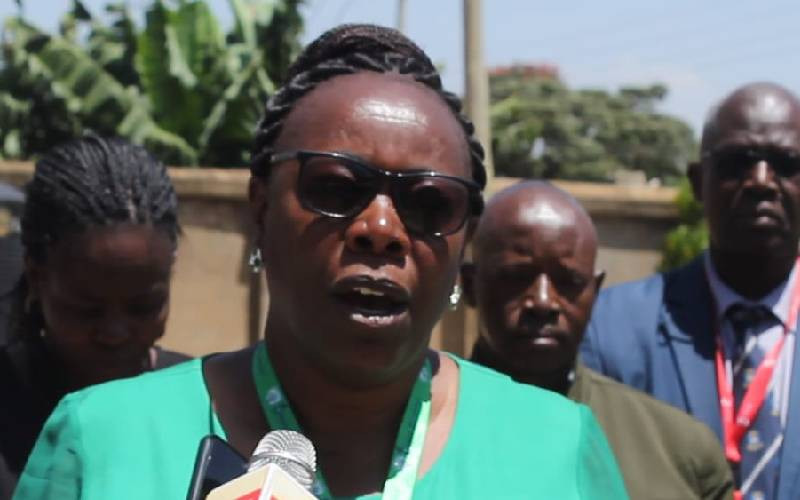×
The Standard e-Paper
Stay Informed, Even Offline

Climate change experts have underscored that a significant 70 per cent of global disasters stem from the effects of climate change.
These experts highlight that climate change contributes to heightened heat waves, droughts, insect infestations, leading to more frequent and severe wildfires.